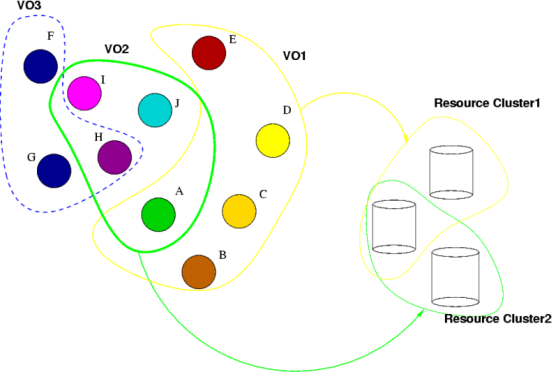Not that I’m encouraging anyone to spend more money this season, but if you’re interested, Larry Chase sent out a list of interesting of shopping sites that you might want to check out. I think I’ve written about some of this before, but here are the highlights:
FruCall – One quick call tells you if an online price beats the store price. “Frucall not only reads back the best online prices to you, but it also allows you to buy items directly from online merchants while you’re on the phone!”
CyberMonday – Shop.org set up this site to show all the various deals online today.
Dealcatcher – Comprehensive list of online and offline deals.
Like.com – A shopping search engine. This is an interesting concept that captures photos of celebrities and allows you to search fashion items they are wearing and find similar items for sale.
Shop Local – Find all the deals in your neck o’ the woods.
Pronto – Named “”Best Online Price Comparison Site” in 2006 by Kiplinger’s, this site searches product reviews to create an overall product rating and then it connects you to various online merchants.
ThisNext – This a social shopping site that lets you connect with like-minded to find their recommendations on specific products.
Kaboodle – Another social shopping site that lets you organize your wish lists from various sites on the web.
Bidnearby – Find the closest ebay auctions to your zip code area and save or avoid shipping.
Google Checkout – It’s growing.
 I quit posting web 2.0 updates because the number of variations on the same theme quickly began to bore me. Sort like listening to a cliched fugue. But I find the NYT story on Google and IBM’s plans for cloud computing pretty exciting. This will allow some heavy duty data crunching that can better process and explore the unlimited information pools across the internet.
I quit posting web 2.0 updates because the number of variations on the same theme quickly began to bore me. Sort like listening to a cliched fugue. But I find the NYT story on Google and IBM’s plans for cloud computing pretty exciting. This will allow some heavy duty data crunching that can better process and explore the unlimited information pools across the internet.